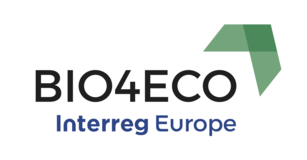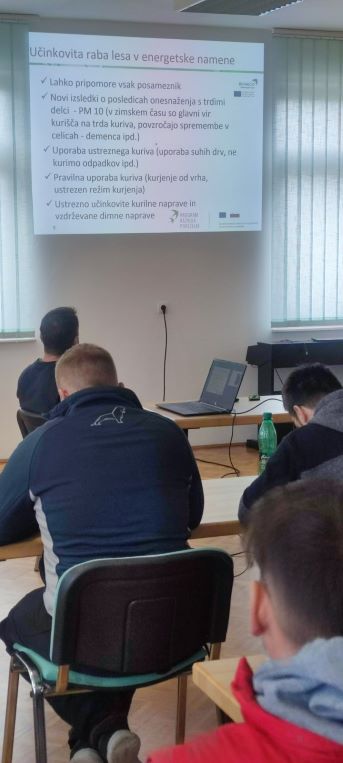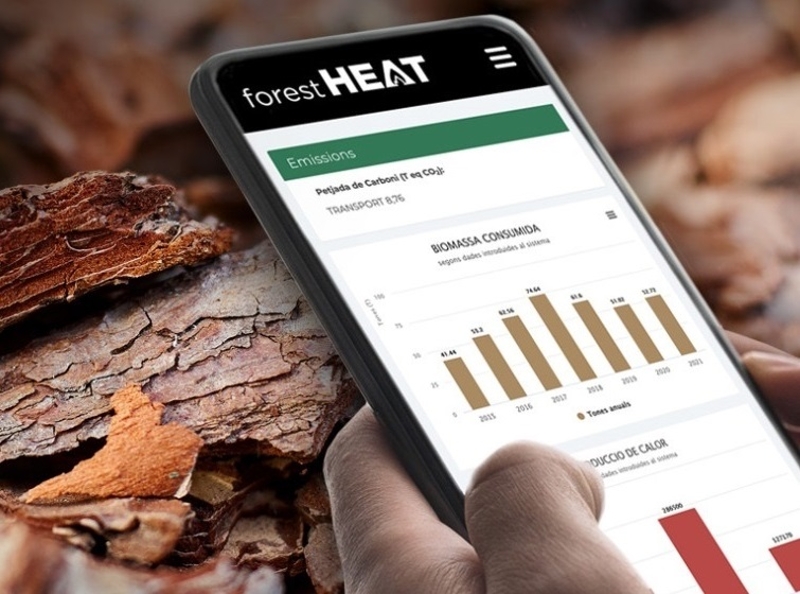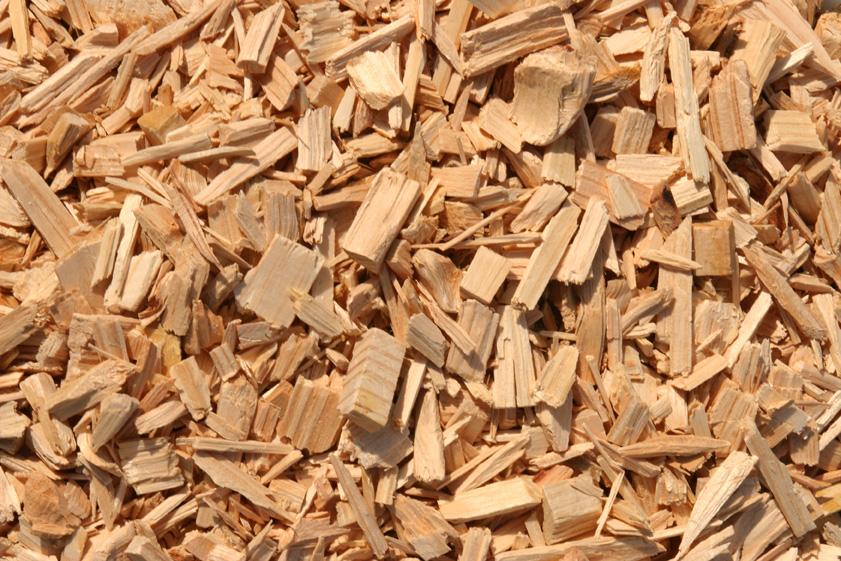With the project Latvian Ministry of Agriculture aims to improve national soil data for the development and implementation of climate change policy in agriculture.
The pre-defined project “Enhancement of sustainable soil resource management in agriculture”, financed by the Norway Financial Mechanism 2014 – 2021, is expected to kick off this December. The project brings together leading soil authorities in Latvia – Latvian Ministry of Agriculture, University of Latvia, State Plant Protection Service, State Forest Research Institute SILAVA. As a donor project partner the Norwegian Institute of Bioeconomy Research is involved to share their experience and to conduct project implementation reviews.
Currently all project partners are working on the development of project application and technical specification. The project activities include:
1) Improvement of reliable, country-specific soil information in agricultural land:
a. Update of historical soil database;
b. Development of national soil classification system;
c. Development of soil mapping methodology;
d. Mapping of peat soil distribution;
2) Establishment of national soil carbon monitoring system;
3) Improvement of national GHG emission calculation system.
Development of soil information system in agriculture is one of the actions of the Latvian BIO4ECO Action Plan. The type of land use and functions provided by soil are the determinant factors in the development of bioeconomy (1) . To ensure efficient use of land and soil resources, the coherence between the types of land use and the functions provided by soil should be taken into account in planning. Functional land use is a comparatively new framework of analysis and management which helps to plan the use of land and the management of soil based on the functions provided by soil. In order to promote the development of those bioeconomy sectors where the production is based on land resources, such land use policy should be introduced in Latvia which is based on the principles of functional land use, by specifying the proportion of the area of land necessary for production, ensuring sustainable management of land, as well as promoting balance between production and environment, including mitigation of climate change (a study took place in Latvia on the use of organic soil in agriculture (2) ).
(1) Schulte, R. P. O., Creamer, R. E., Donnellan, T., Farrelly, N., Fealy, R., O'Donoghue, C., et al. (2014). Functional land management: a framework for managing soil-based ecosystem services for the sustainable intensification of agriculture. Environ. Sci. Policy38, 45–58
(2) Haygarth, P.M., Ritz, K. (2009) The future of soils and land use in the UK: soil systems for the provision of land-based ecosystem services, Land Use Policy, 26 (2009), pp. 187–197
The study took place within the project BIO4ECO of Interreg Europe. More information: www.zm.gov.lv/zemkopibas-ministrija/statiskas-lapas/interreg-europe-projekts-ilgtspejiga-regionala-bioenergijas-politika-n







